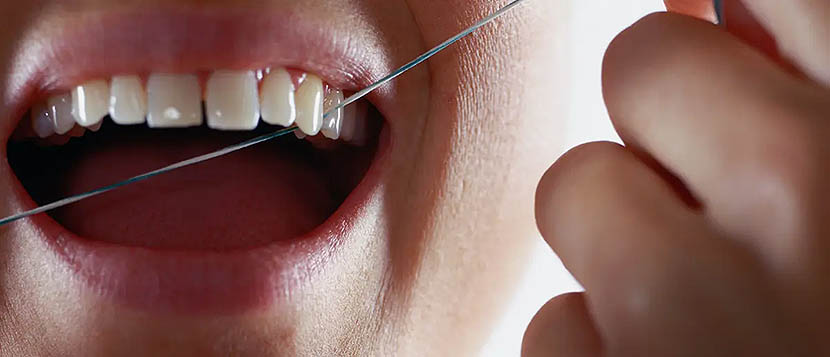Forever Chemicals and Other Hidden Poisons

Studies have shown that “forever chemicals” — also known as PFAS (per- and polyfluoroalkyl substances) — can be ingested from everyday items such as Teflon-coated cookware. Over time, these coatings may chip or wear off, allowing harmful compounds like PFOS, PFHxS, PFBs, and GenX to enter our food. For safer cooking, stainless steel, cast iron, or high-quality porcelain or ceramic cookware (with lead-free glazes) are recommended alternatives.
What’s even more concerning is that some dental floss products are also coated with Teflon. These PFAS-based coatings have been in use for years, long before their long-term effects were fully understood — much like asbestos once was. Because the tissues in your mouth are highly absorbent and connected to your bloodstream, these chemicals can easily make their way into your body through everyday flossing.
Historically, as early as the mid-1700s, oral care was much simpler — using natural bristle brushes and silk threads for cleaning teeth, both materials being biodegradable. Today, a safer, more eco-conscious approach might be to use a bamboo-handled brush with natural bristles and beeswax-coated silk or cotton floss. These options can help reduce exposure to harmful synthetic compounds while also being gentler on the environment.
